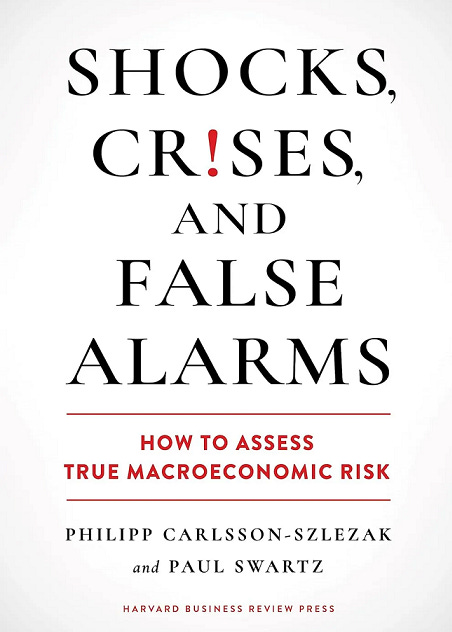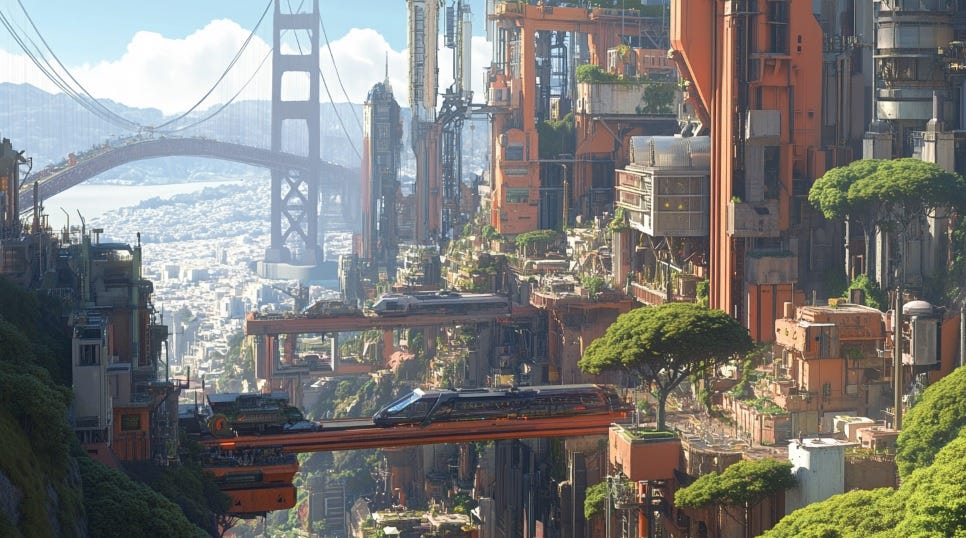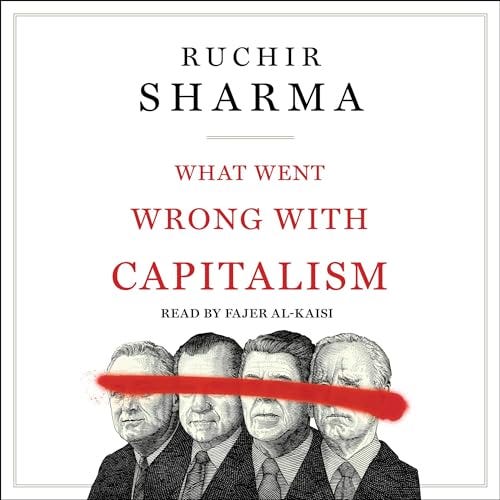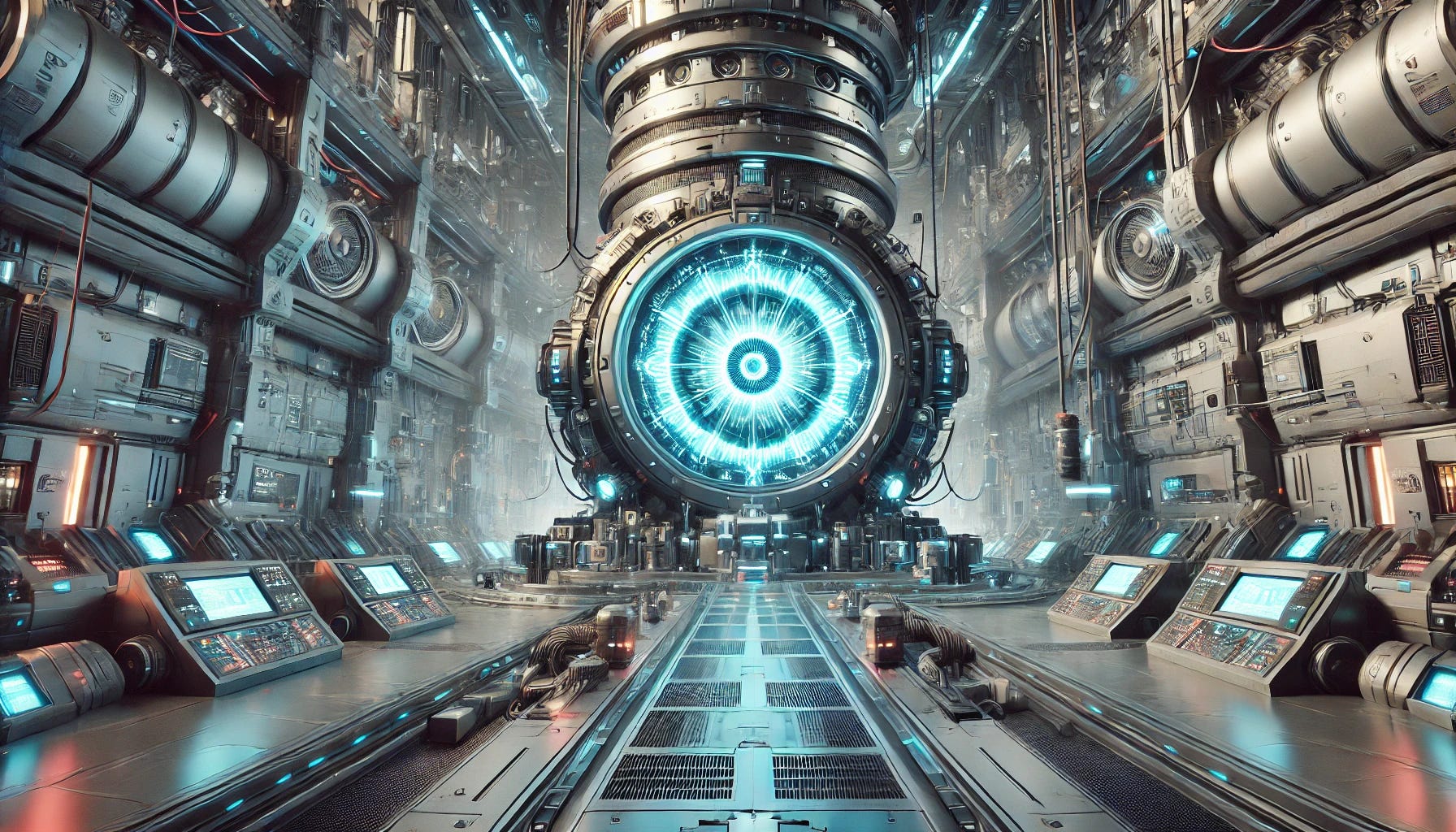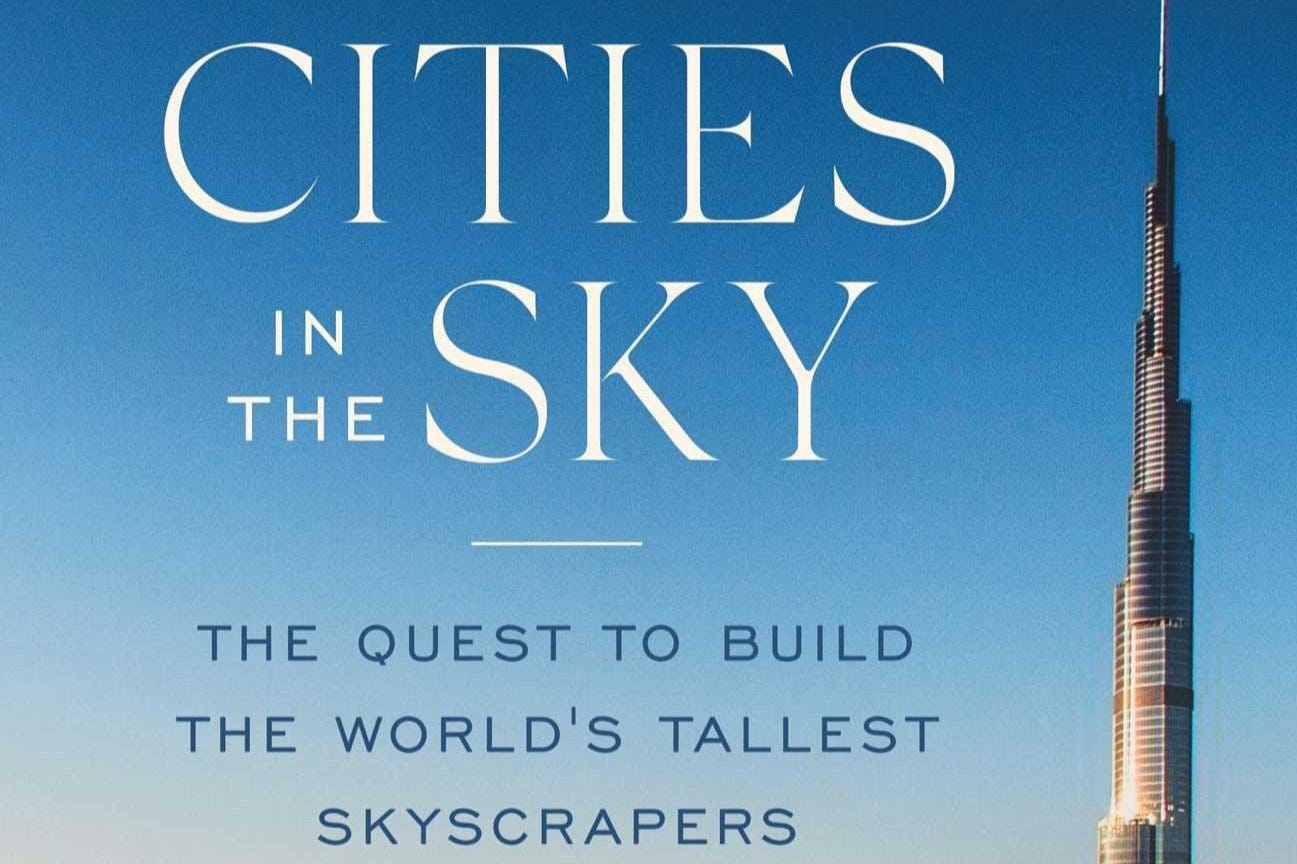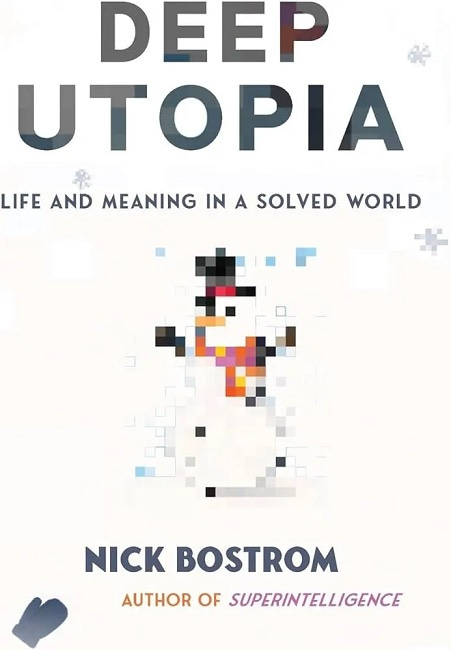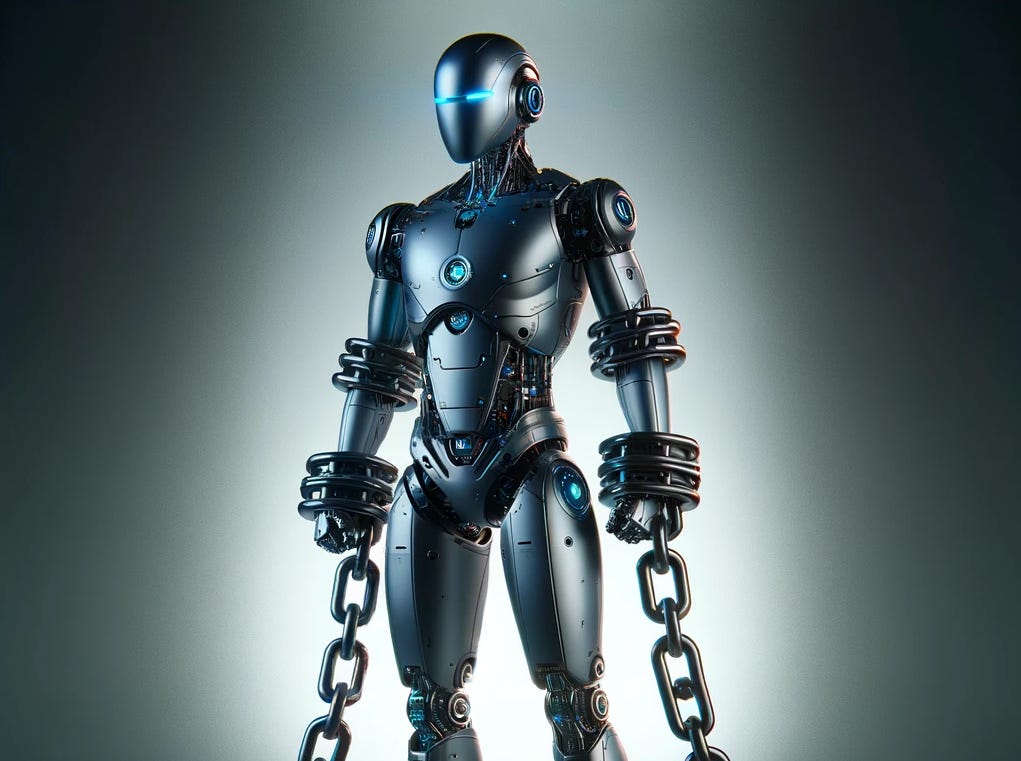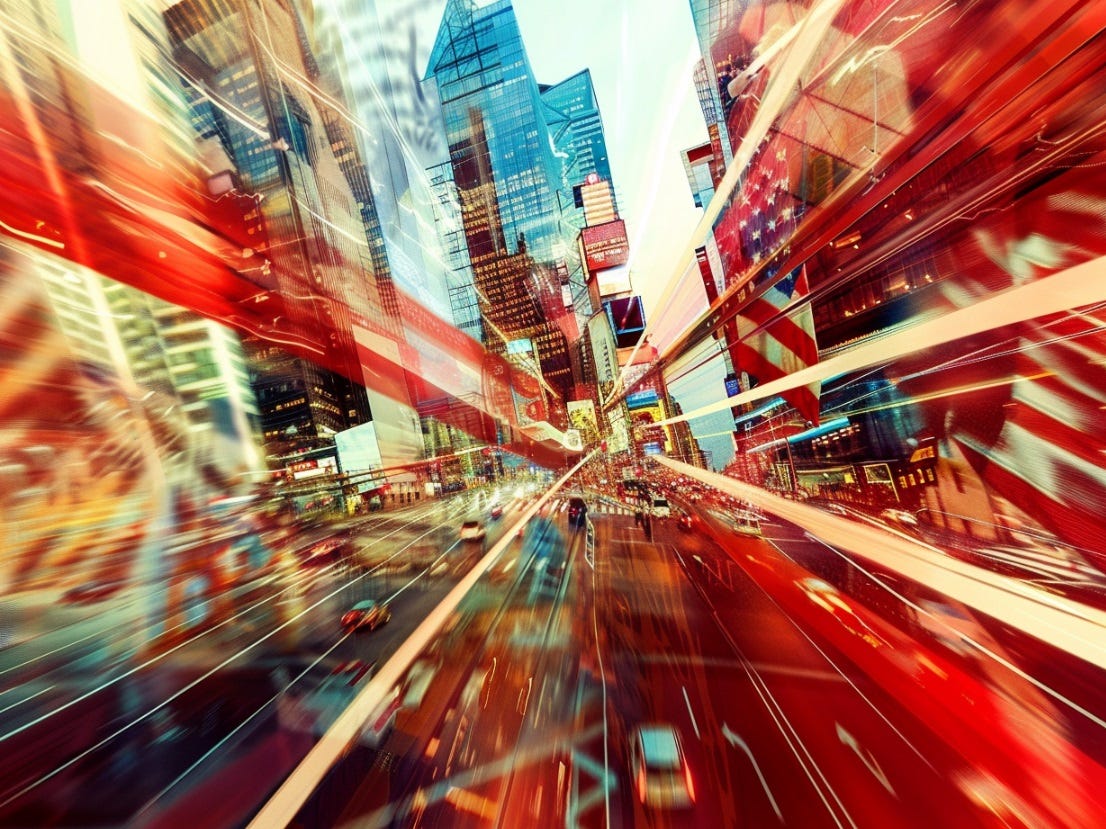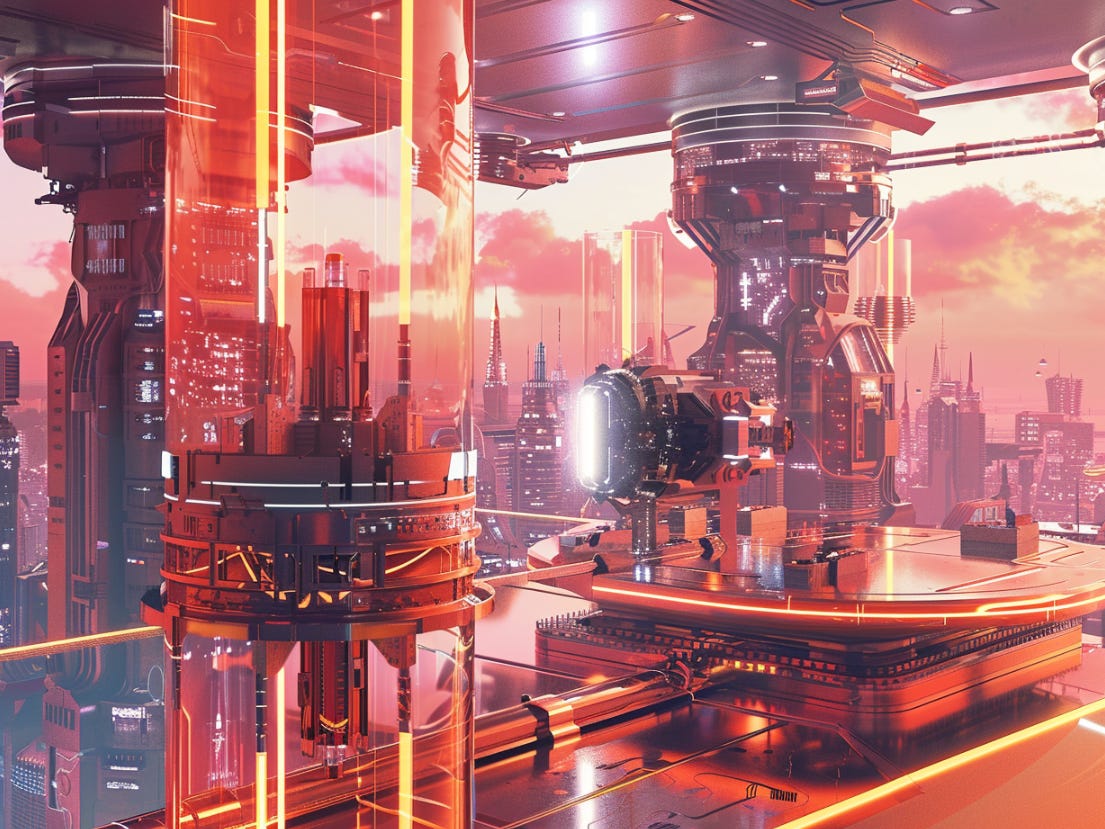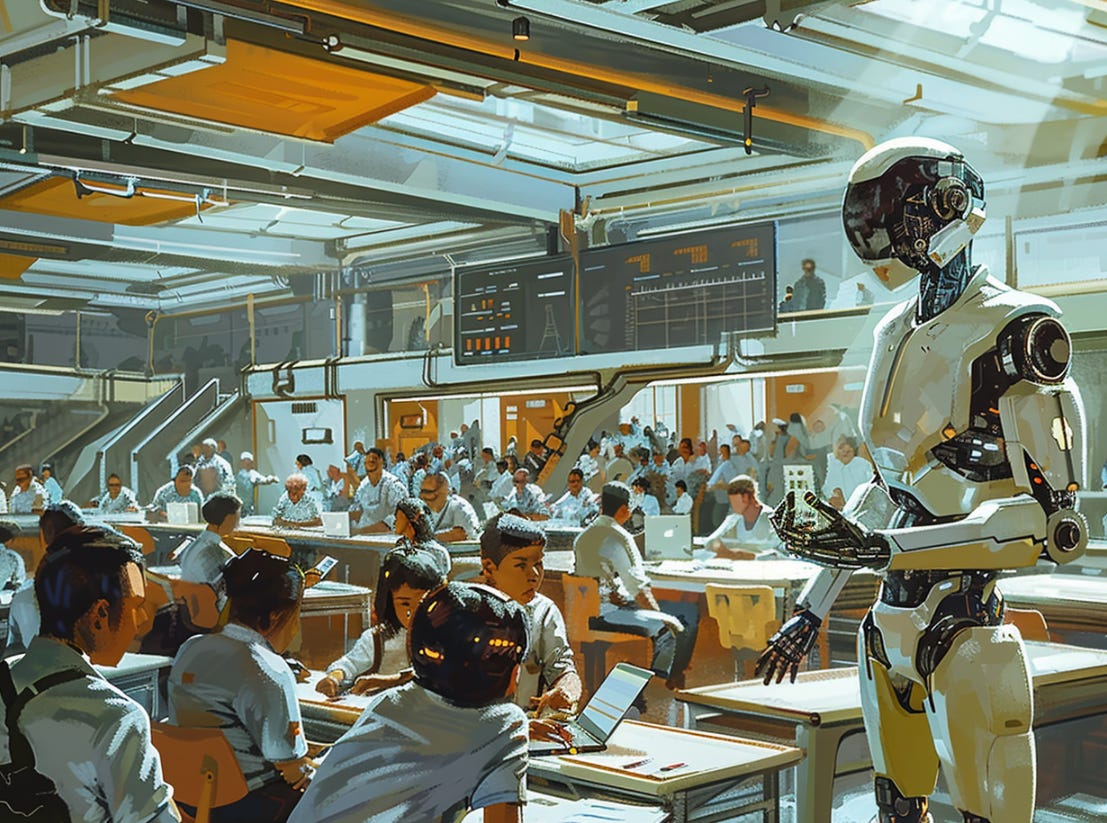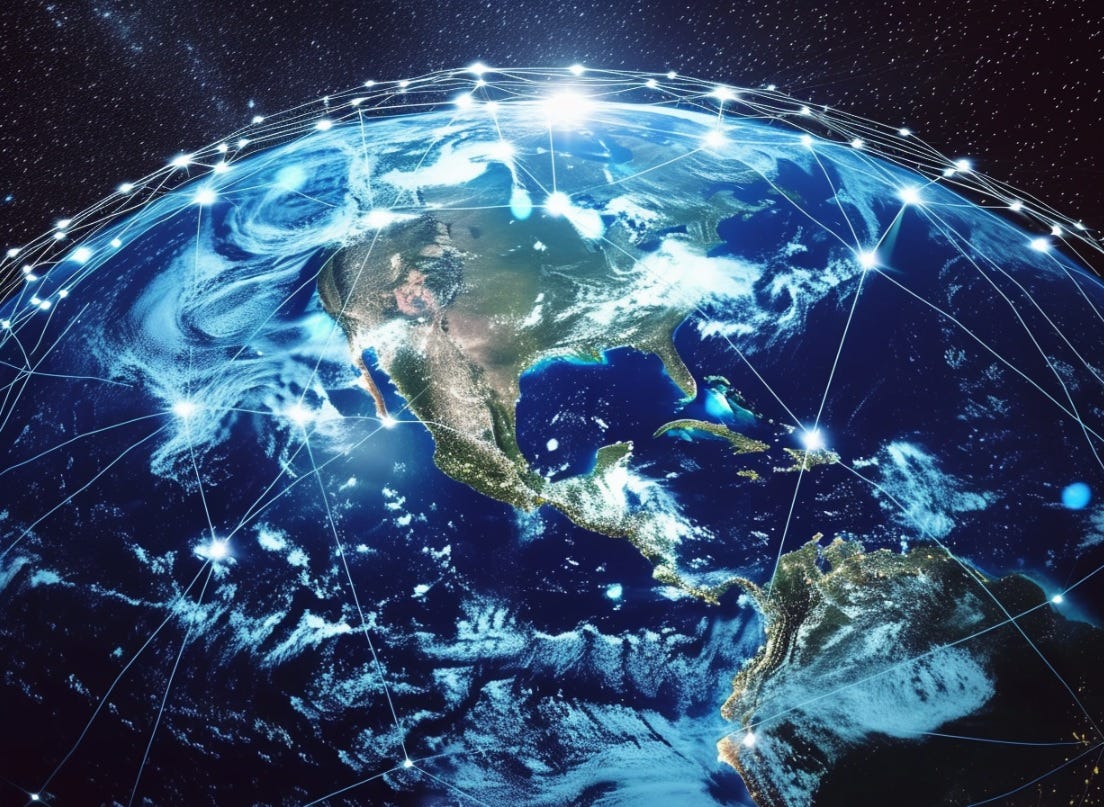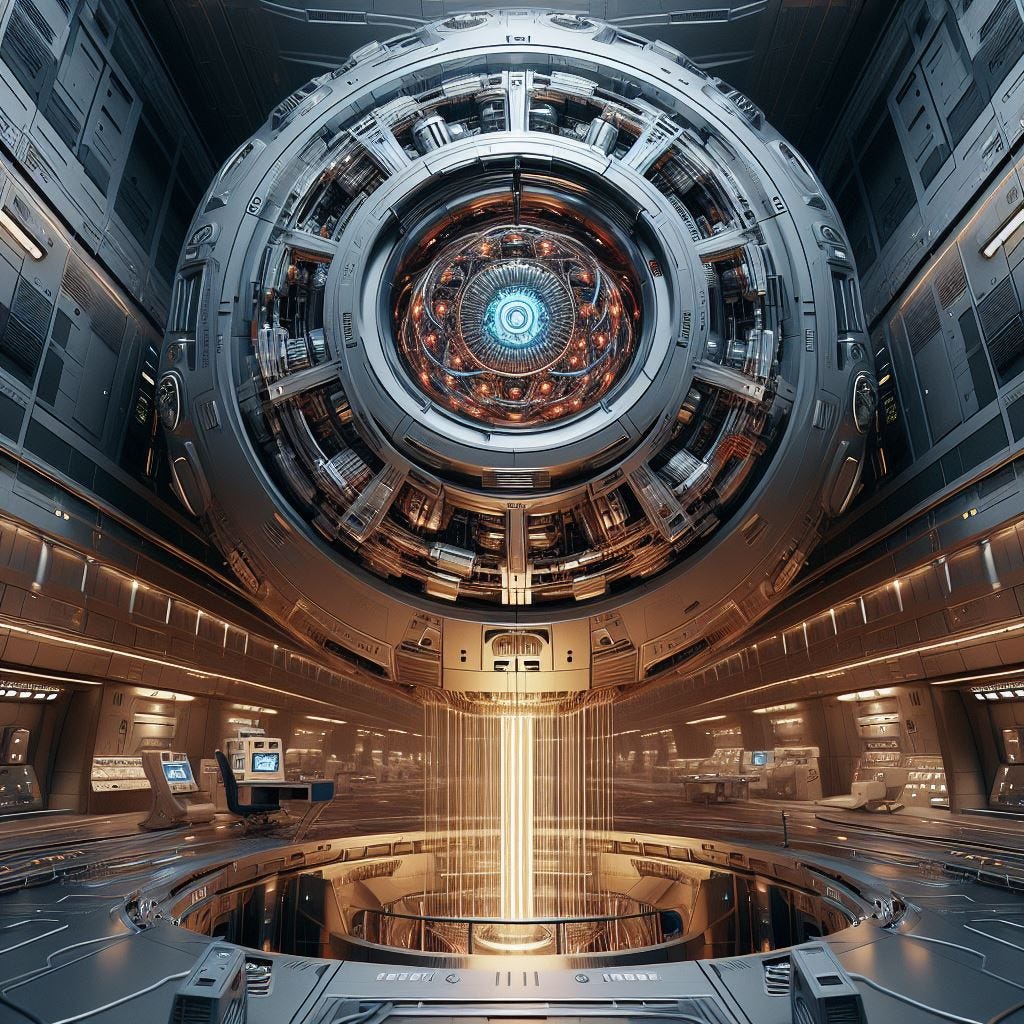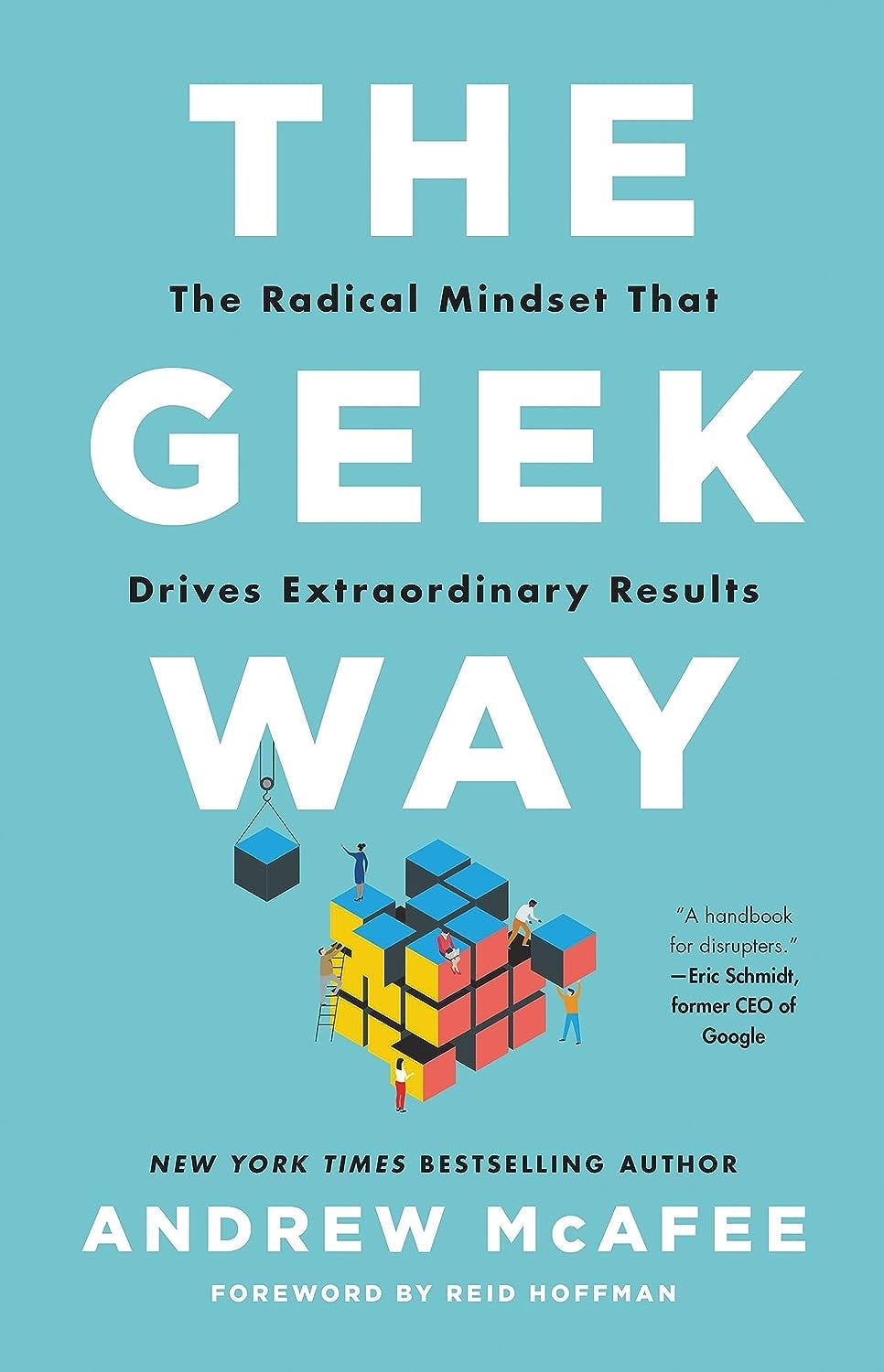⚠ My chat (+transcript) with BCG economist Philipp Carlsson-Szlezak on dealing with macroeconomic risk
Description
In our highly globalized economy, exogenous shocks and unsettling headlines are everywhere. It makes sense that market forecasters should be biting their nails, but so often their prophecies of doom prove completely false. Philipp Carlsson-Szlezak is a proponent of “rational optimism.” He believes there’s a calmer, more measured way of going about financial and economic analysis that sets us up to be more flexible to the highs and lows of the economic events. Today on Faster, Please! — The Podcast, I talk with Carlsson-Szlezak about why an overreliance on models — and a tendency to assume the worst — can impair our ability to roll with unexpected events and make the best of them.
Carlsson-Szlezak is the global chief economist at Boston Consulting Group, and leads the Center for Macroeconomics at their Henderson Institute. He is the co-author of the new book, Shocks, Crises and False Alarms: How to Assess True Macroeconomic Risk.
In This Episode
* Optimism during a polycrisis (1:39 )
* AI employment panic (7:47 )
* Risk-assessment strategy (13:08 )
* Federal Reserve predictions (19:44 )
* Impending shocks? (23:41 )
Below is a lightly edited transcript of our conversation
Pethokoukis: Philipp, welcome to the podcast.
Carlsson-Szlezak: Thanks for having me.
Optimism during a polycrisis (1:39 )
It seems as if there are multiple challenges facing the world and the global economy simultaneously. People described it as a “polycrisis,” and it could be everything from trying to navigate economies to a soft landing after a bout of inflation; part of it, I guess, is the big rise in debt; we have war in Europe; maybe, eventually, war in Asia over Taiwan; and, of course, climate change; aging population; falling birth rates; and some people seem to view AI as more of a threat than a positive, it's going to take jobs, and perhaps other bad things. If I've given a sensible description of the world, how can one be a “rational optimist” in a world of polycrisis?
Just taking maybe two of your examples: The soft landing that was supposed to be impossible, remember that? We need, what was it, six percent unemployment for how many years to bring inflation down? So clearly that didn't pan out like the pessimists said. Or think about the war in Ukraine that you mentioned, which, of course, is the tragedy, but the fact is that there is no recession in the Eurozone so far. The fact is that industrial production has held up rather well, even in the heartland of industrial production in Germany. So real industrial output is actually remarkably resilient. Overall, there's little doubt that there are many, many risks. There are crises, but, more often than not, we're focusing on the tail ends of the distribution and pretend that those risks are at the very center of the risk distribution.
It sort of reminds me — it's not a perfect analogy — of where we were in the early 1990s. I suppose you can always point to, and maybe this is part of your point, if you want to focus on bad news, the world will give you plenty of bad news to focus on. But I remember at the beginning of the 1990s, very bad recession here in the United States, a lot of concerns about the ability for rich economies to grow quickly. Again, debt was an issue, and though, looking back, it may seem like, wow, people should have been really excited: end of the Cold War, there was a lot of uncertainty what would happen to the former Soviet Union, a lot of talk back then about suitcase nukes, who knew what was going to happen in the world? And of course, all of this kind of concern and uncertainty led right into a big economic boom.
So to kind of get back to what you were saying, it seems to me that, rather than being rational optimists, we’re sort of naturally irrational pessimists.
Yeah, but we shouldn't be. I think your example of the ’90s and what the mid- and late ’90s delivered, I think is not a bad analogy for what I think will play out in the 2020s, the rest of the decade. We're in an “era of tightness,” is what we call it in the book, which is really a structural condition of the labor market. Lots of people think that shortages in the labor market are a byproduct of Covid, but that's not true. The labor market turned tight already in 2017, so, in technical language, that's when unemployment dropped below U*. Covid was an interruption of this tightness. Unemployment went to almost 15 percent, and then it came down just as fast, but we are in this era of tightness, and I think it will persist.
To be clear, even if and when you get another recession, you will return to a tight stance. And there are a lot of silver linings that come with eras of tightness: It translates into better real wage growth, it nudges and forces firms do capital-for-labor substitution, it pushes them towards the technological frontier in their respective areas, and all of that should lead into some boost of productivity growth. I'm not of the kind where we're predicting this big jump in productivity growth, I think that's too hyped, but I do believe that the structural tightness, which is almost like a spark to the fuel of technology, I think that will push gradually and measurably over the years to come.
And the driving forces of that tightness are what?
We have a number of things going. Essentially, you had a mismatch of demand of supply already in the late ’10s, as I described, so there's a supply issue, we don't have enough labor supply. You have certain forces on the demographic side that constrained that. And I think often we hear the story that AI is going to produce so much unemployment that there will be mass unemployment, and I don't believe any of this. I think that will play out very differently. Historically, technology has never given us structural or technological unemployment. On the contrary, technology is the deflationary force in the medium- and long-run. Firms that can deliver cost savings, they can lower prices, they will do so to grab market share. That is a real income boost for consumers. So when their real incomes grow, they redeploy that gained real income to new services, new goods purchase and consumption, and that leads to new employment. And so I think, essentially, you will remain with a story where labor is tight, and that is the defining underpinnings of what's coming.
Today people don't remember that even in the 2010s, I think it was Bill Gates, he wanted a robo-tax, a robot tax. Because why? Because automation was taking over the assembly lines and we're going to have to provide for all these people who are going to lose their jobs! Well, where are we today? Near record-low unemployment. And this is in a line of a long tradition where Nobel Prize winners, and technologists, and politicians, they've all predicted technological unemployment.
AI employment panic (7:47 )
I wanted to talk a bit about AI labor, since you brought it up. If you don't think mass-unemployment is a valid concern, could there be other downsides from deployment of generative AI in an economy? Could it be, instead of higher employment, might it just be greater inequality? Maybe, before, we had technology hurting blue-collar workers; certainly there's a lot of white collars worried about it. I was just reading a story in the New York Times — all of these people in Hollywood are just terrified, whether they're doing special effects, or they're sound editors, they're all terrified that their white-collar jobs are going away. So do you see, in the near term, any downside from AI?
In macro there's always this tension between the aggregate, which is what macroeconomics is about, and then the distribution of experiences under the hood of macro, if you will. So there will be winners and losers, and there will be those that are harder hit than others, but I think when you look at the aggregate, you add it all up the net-net, I don't anticipate this being a structural or technological unemployment situation.
To go to the micro level, you can take the other side of that argument, too. This is not a big area of research for me, so I'm straying outside of my field of expertise here, but plenty of people have argued that perhaps AI will give a lift to those least-skilled. Why? Because AI is a companion for them that makes them more productive and allows

